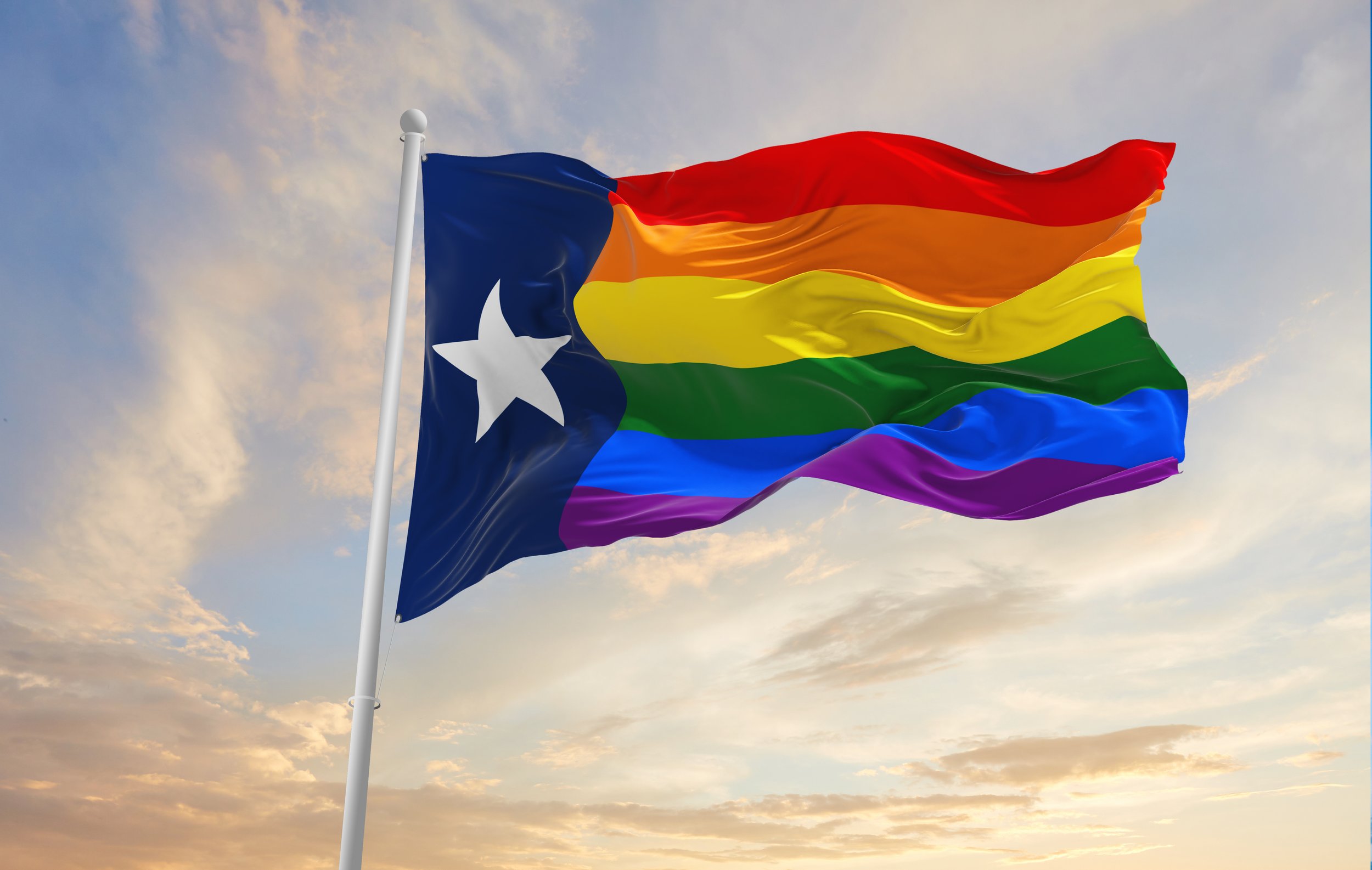Texas Department of Family and Protective Services Policy
Department of Family and Protective Services (“DFPS”) policy requires that all children and youth be treated fairly. LGBTQ+ children and youth should have their identities acknowledged and affirmed by all DFPS staff, professionals, administrators, contractors, and service providers, and have access to all necessary affirming services, including opportunities for permanency. The Appendix in the back of this Guide contains a list of key terms related to LGBTQ+ youth to help familiarize you with the terminology used in this guide.
Resource: CPS Policy Handbook 6420 and Rights of Children and Youth in Foster Care on the public website.

Constitutional Rights and Federal Law
The Constitution and federal law protect LGBTQ+ children and youth from unequal treatment and discrimination. Youth in child welfare custody have substantive due process rights under the Fourteenth Amendment, including rights to: Personal security and reasonably safe living conditions; freedom from psychological harm and from physical and psychological deterioration; adequate care, including the provision of certain services; and a reasonably suitable placement. Additionally, all LGBTQ+ youth, including those in child welfare custody, have the right to be treated equally under the law as compared to their non-LGBTQ+ peers.
Youth in child welfare custody also have First Amendment protections: an LGBTQ+ youth’s ability to freely express themselves is considered protected speech. Free speech protections include the clothing youth wear and LGBTQ+ speech in schools. LGBTQ+ youth also have religious freedom protections, including the right to be free from religious indoctrination. Youth have the right to refuse to participate in religious activities and the right to not hide their LGBTQ+ identity due to religious objections. Federal law also protects LGBTQ+ youth from conformity with sex stereotypes, whether it is in defining their identities, in their dress, their conduct, or who they spend time with.
Federal Policy
In addition to constitutional and federal legal protections, federal policy also protects LGBTQ+ youth in care. A memo from the Administration of Children and Families states “child welfare agencies should ensure that the physical and emotional well-being of LGBTQ+ young people is protected and supported while they are in foster care so they may thrive as adults.”
Texas Law
The Texas Family Code and Texas Administrative Code set out rights and protections for all children in foster care, including LGBTQ+ children. Children have the right to “fair treatment” while in care and “[m]edical care . . . that adequately meet[s] [their] needs[CC1] .” They are to be afforded, in a developmentally appropriate manner, an opportunity to express an opinion about their medical care[CC2] . While in care, DFPS must ensure the safety and wellbeing of children and that any of a child’s needs, including medical or special needs, are adequately addressed[CC3] . The child’s placement should be appropriate and, in the child’s best interest[CC4] . Children should have opportunities to engage in age-appropriate normalcy activities, including activities not listed in the child’s service plan[CC5] . Before return home, the court must ensure the child’s parents are willing and able to provide the child with a safe environment and return is in the child’s best interest[CC6] .